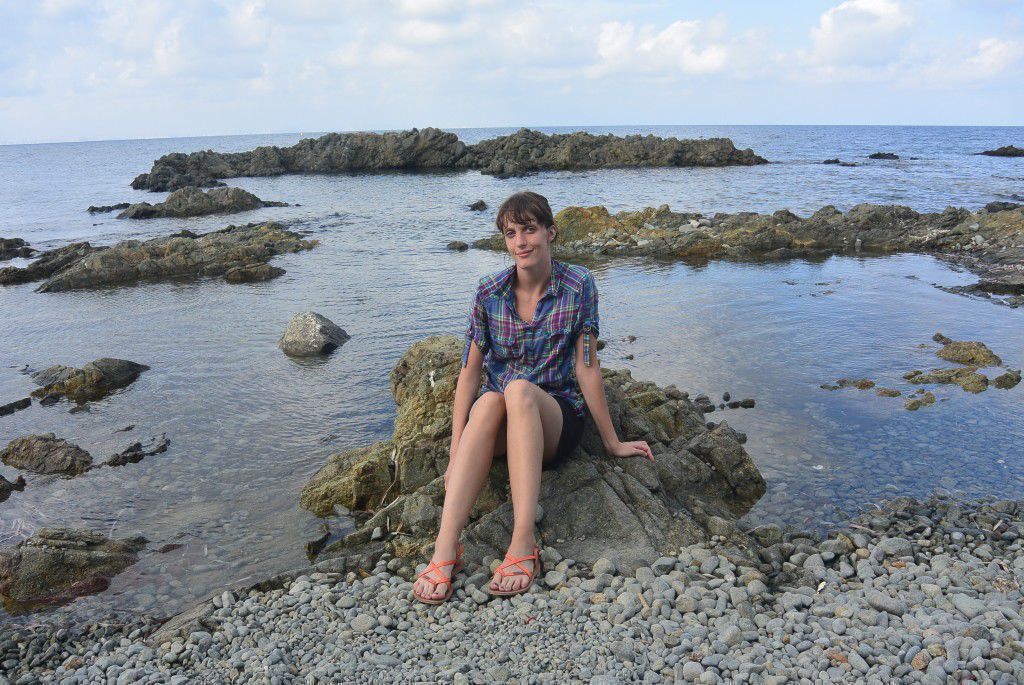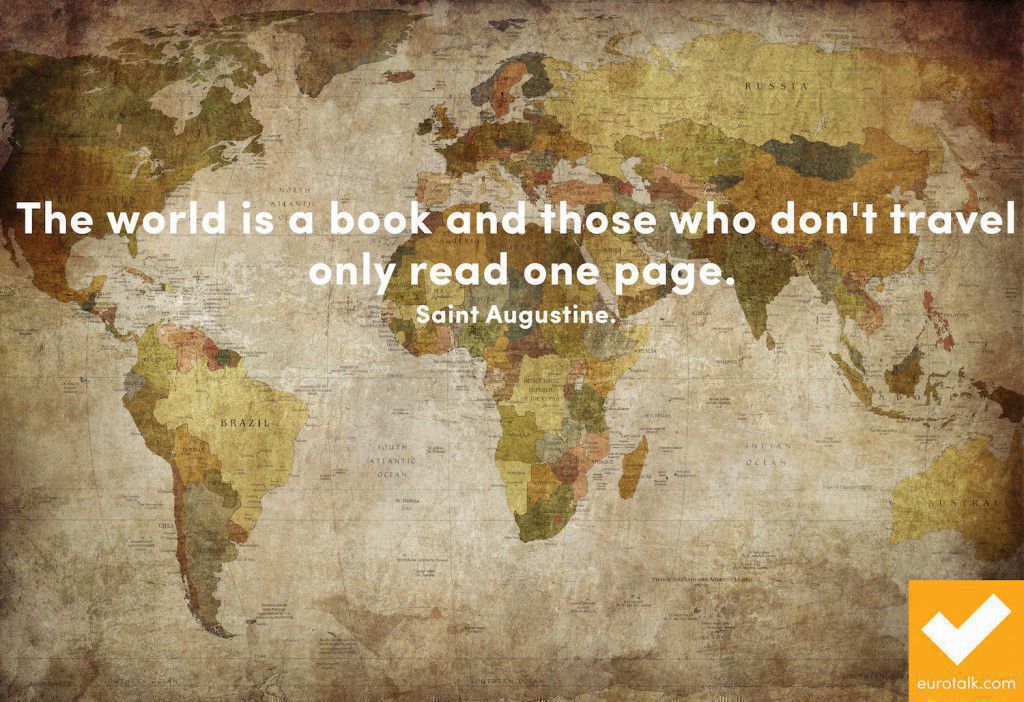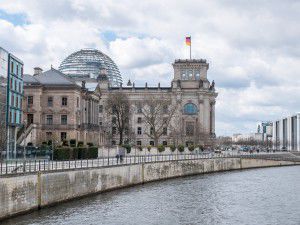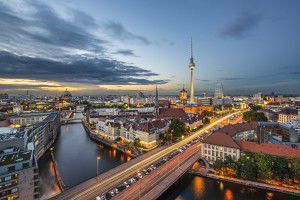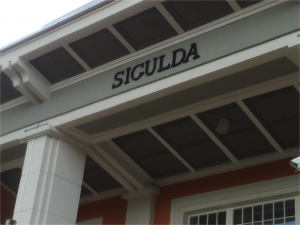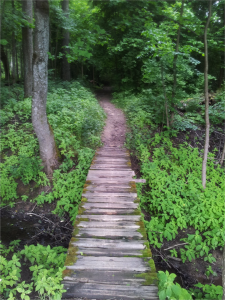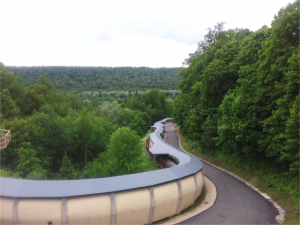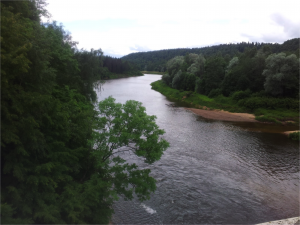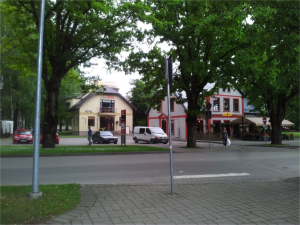Quote of the week: 22 Aug 2015
“The world is a book and those who don’t travel only read one page.” Saint Augustine
Embed This Image On Your Site (copy code below):
A couple of days in Berlin
After volunteering in a hostel in Riga for six weeks, I decided to take the long way home via a series of overnight buses. With everyone raving about how beautiful a city Berlin is, I decided to make it my next stop on my journey home.
It is easy to see why people like it so much.
I stayed in a huge hostel in the Turmstrasse area and this seemed like a really good location to stop in. Just twenty minutes away was the Victory Column, or Siegessäule, which overlooks a large portion of the city. A little further was Potsdamer Platz; the centre is all commercial with cafes and restaurants as far as the eye can see and business reaching high up into the sky from a series of highly polished skyscrapers. But the surrounding area has a lot of history and culture to offer too. Personally the Topography Of Terror, Holocaust Memorial, Friedrichstrasse and Reichstag were the things that grabbed my attention the most. An early evening stroll in the local neighbourhood turned into a several hour stint that saw me leave my hostel, walk the length of Turmstrasse, past the Victory Column, down to the Holocaust Memorial and back on my first night.
There is no one ‘centre’ to Berlin, but it seems most tourists and locals end up at Alexanderplatz. Walking out of the station the first thing you see is the iconic tower that overlooks a pedestrianised area. Walking behind this and into a little blissful shade after a journey on an overheated train was very refreshing. There is a lot to see from here, and I personally headed over towards the galleries and sat under the pillars looking out over the river for a while.
The Zoological Gardens are definitely worth a visit, and if you like zoos and aquariums then it is a must. There’s a very cute windmill of sorts that sits along a section of Budapester Strasse which is worth stopping at to admire.
The Brandenburg Gate was such an impressive sight first hand, you can really understand the sense of power there and the thought of those streets being lined with people waiting to see a glimpse of their leader is both disturbing and breathtaking.
The area around Nordbahnhof was one of my favourite places, full of gardens, interesting architecture, and of course the Berlin Wall Memorial.
The main station, Hauptbahnhof, was also worth looking round, whether you like trains or not. There are so many levels, platforms, different types of train, shops, places to eat and drink, you could spend hours within this huge complex and not get bored.
Of course, one of the best things about Berlin, from my perspective at least, is the cake. Much like Greggs back home in the UK, there is a bäckerei (bakery) wherever you turn, and such a choice of sweet and savoury treats it can be a little overwhelming.
I spent the best part of two days in Berlin and I have to say, it isn’t enough. I could have happily stayed another week and I am still not sure if that would have been enough to have seen everything that I wanted to. A return trip is definitely in order!
Kelly
Planning a trip to Berlin? Remember to learn a little German before you leave with uTalk – or try our free Talk Now demo.
Breaking the ice: overcoming language nerves
So apparently a quarter of Brits are nervous about speaking another language when they’re abroad, and 40% of us are embarrassed by our language skills.
These conclusions come from a study by the British Council, which surveyed 2,000 British adults. While 67% of respondents believed it’s important to learn a few words of the local language before a trip, it seems not many of us are putting that into practice when we actually get there.
What if?
There are a number of very legitimate reasons for this fear:
‘What if I get it wrong and everyone laughs at me?’
‘What if I say my bit perfectly, but then don’t understand the response?’
‘What if they just don’t understand what I’m trying to say?’
‘What if I open my mouth and my mind goes blank?’
We all hate the idea of making a fool of ourselves, and it doesn’t help that the Internet is full of stories about people who said ’embarazada’ (pregnant) when they meant to say ’embarrassed’. (Probably more embarrassing than the thing you were embarrassed about in the first place, ironically.) But how many of those people would make the same mistake again? I’m guessing zero.
It sounds like a cliché, but sometimes making a mistake really is the best way to learn. And in my experience, even if you do get things wrong, and even if people laugh, it won’t be mean laughter – and they’ll probably go out of their way to explain where you went wrong, so you know for next time.
Most likely, whoever you’re speaking to will probably be pleasantly surprised that you gave it a try in the first place; in most countries, not much is expected of British or American visitors, so any time we make the effort, it’s appreciated. (Just look at the response to Mark Zuckerberg speaking Mandarin – even though he was very hesitant, and made lots of mistakes, the audience loved it.)
What’s the point?
But at least feeling anxiety over speaking another language shows an interest in trying, and a desire to get it right; the fear of making mistakes is what’s holding us back. The far bigger problem is the number of people who believe there’s no point at all in learning another language, because ‘everyone speaks English’, ‘every time I try, people reply to me in English’ and ‘just knowing a few words won’t help’.
It’s true – last year, when I visited Italy, everyone could tell instantly that I was British, and even if I started a conversation in Italian, they would generally reply to me in English. But here’s the thing: though it’s very easy to seize that lifeline and lapse back into English, you don’t have to. I had very little Italian, but I was determined not to give up, even though the opportunity was there – and the waiters and shop staff I was trying to speak to soon caught on and reverted to Italian. Our conversations mostly consisted of one-word sentences, but at least they were Italian words, and we were able to understand each other. And I was pretty proud of myself afterwards – much more than I would have been if I’d had the same conversation in my native language.
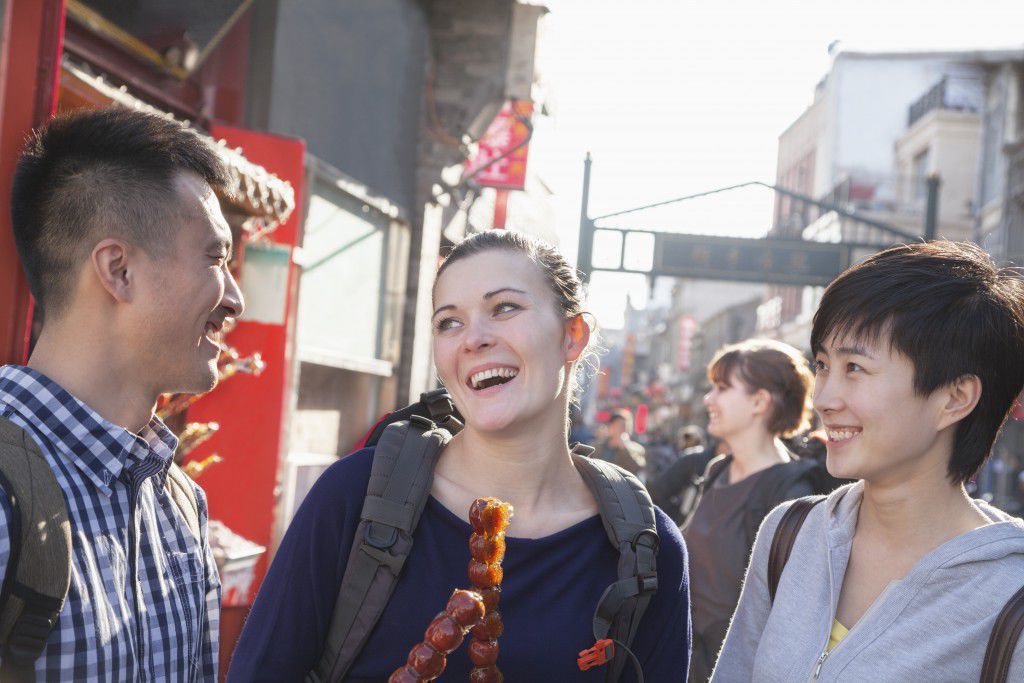 As for everyone speaking English, that’s clearly not true – and it shouldn’t matter anyway. The comments on the BBC article about the British Council study show that we expect those who visit the UK to speak English – so why should it be any different when we travel to another country? Even if you don’t need to learn a language, does that mean you shouldn’t?
As for everyone speaking English, that’s clearly not true – and it shouldn’t matter anyway. The comments on the BBC article about the British Council study show that we expect those who visit the UK to speak English – so why should it be any different when we travel to another country? Even if you don’t need to learn a language, does that mean you shouldn’t?
And finally, it’s true that knowing a few words wouldn’t help you if you had to go and close a business deal in French, or teach maths in China. But if you’re just going on holiday for a week, the chances are that as long as you’re able to check in to your hotel, order a meal and buy a bus ticket, you’re probably covered – though of course it will depend where you’re travelling to.
This, of course, is the whole idea that uTalk is built on. Because sometimes, just being able to say hello in another language is enough to make someone smile. And why wouldn’t we want to do that?
So let’s be bold, and show off our language skills. And let’s see if we can bring those percentages down in time for the next study.
Liz
10 reasons to visit… Sigulda
If you haven’t heard of Sigulda, you probably aren’t in the minority. Described as the ‘Switzerland of Vidzeme’, Sigulda is popular with both locals and tourists alike. It is well worth a Google to see if it’s your thing.
Sigulda is a small town about 50 kilometres from Riga, Latvia. To get there from Riga takes about 45 minutes by car or around an hour by either train or bus. Sigulda sits on the edge of the Gaujas National Park, so there’s the opportunity to do both urban and natural sightseeing. The bus is 2,15 euros and the train 2,35; both are good, regular services.
The journey from Riga is very scenic, and if there’s any doubt that Latvia is the land of trees, this will quickly be removed the further you get into the countryside. Miles and miles of coppiced trees as well as trees left to succession, mostly birches in the deeper parts of the forest and silver birches lining the roads. In some places there are clumps of a species of bluebell and if it weren’t for the girth of the trees giving away their youth, you could be forgiven for mistaking some of the park as ancient woodland from England.
If you have two days to spare then you can see and do pretty much everything that Sigulda has to offer, but if you only have one day then that is ample time to have a good look around.
Sigulda is cute. It’s quaint. Cute little buildings, quaint little streets, homes that look like they are out of someone’s summer house dreams. Daisies are scattered throughout every area of grass, and there are wildflowers everywhere you look. A beautiful river, dramatic views where likely glacial erosion has shaped the landscape into an undulating wonder of a painter’s paradise. Which, coincidentally, is the name of one of the places suggested to visit.
Here’s a quick rundown of the ten best things to visit in Sigulda…
1. Bob Sleighing
You can follow the luge track from the Winter Olympic Games of 2014, and even if you’d rather just have a look at the site rather than take part, it’s an impressive view.
2. Sigulda Adventure Park Tarzan
If you’ve ever been to Go Ape, it’s pretty much the same deal. In other words, a lot of fun, in scenic surroundings.
3. Old Sigulda Castle
There are so many to choose from and if you’re pushed for time this one is (in my opinion) the prettiest. The original castle was built back in 1207 and the walls have been fortified multiple times owing to the tourist interest in the site.
4. Gutmanis Cave
If you like your caves this is a good alternative to Wookey Hole [in Somerset, England]! This is apparently both the largest and highest cave system in Latvia. It is thought to have begun forming 10,000 years ago at the end of the Ice Age.
5. Gauju River
You have two options here. You can either climb down a very lengthy but beautiful set of wooden stairs and walk over the bridge yourself (prepare yourself for the climb back. You will mostly likely have to stop a few times unless you have super-strength lungs or an incredible level of fitness). Or, if that sounds far too active for you, you can take the cable car that flies right over the top and gives you incredible views of the valley below. And as if that isn’t exciting enough, you can also bungee jump from the cable car. Obviously, this is optional.
6. Painters’ (Paradise) Hill
Stand on the top of this and you can look down on a valley at an almost never-ending tree line that is cut by the meandering Gauju River.
7. Town centre architecture
The town centre really is the most adorable little place to wander around aimlessly, lots of cute buildings with interesting facades. If you don’t feel like a ‘nature’ day you can happily amuse yourself here.
8. Aerodium
This is a giant wind tunnel that you can pretend you are sky-diving on, and is a lot of fun.
9. Sigulda Evangelic Lutheran Church
What list of things to visit would be complete without the obligatory church? This one is actually very pretty and definitely worth a look.
10. Mr. Biskvīts
Last but not least, there must be somewhere to eat and drink. This place is conveniently placed next to the train/bus station/central square and has an excellent range of hot and cold drinks as well as some very delicious food. Simply a must.
If you visit Riga, and this is highly recommended, a day trip to Sigulda during your stay is definitely worth your time. The tourism office is right next to the waiting room for the train/bus station and the staff will fall over themselves to help you. And if you want to plan ahead, check out the Sigulda Tourism site.
Kelly
